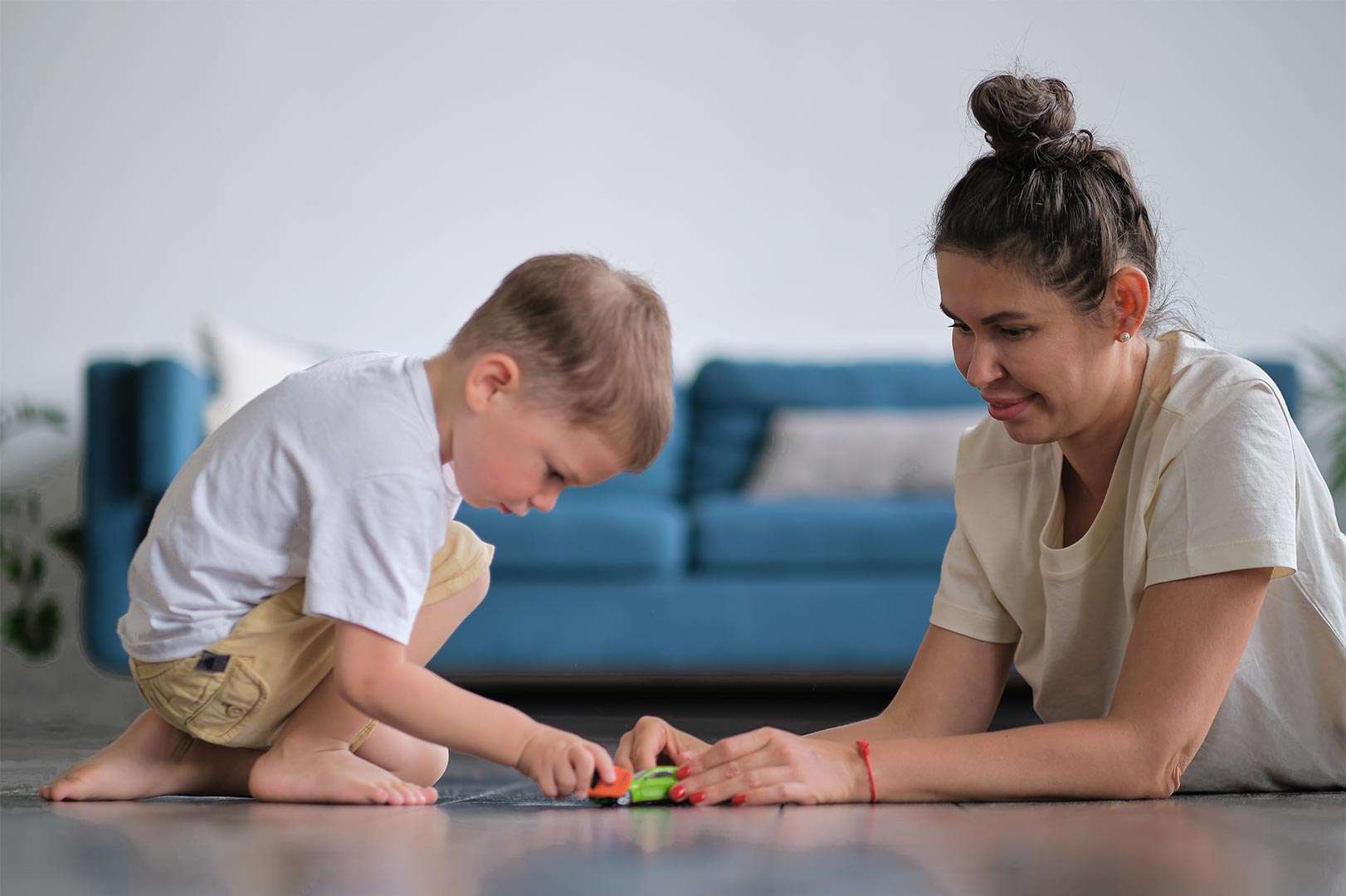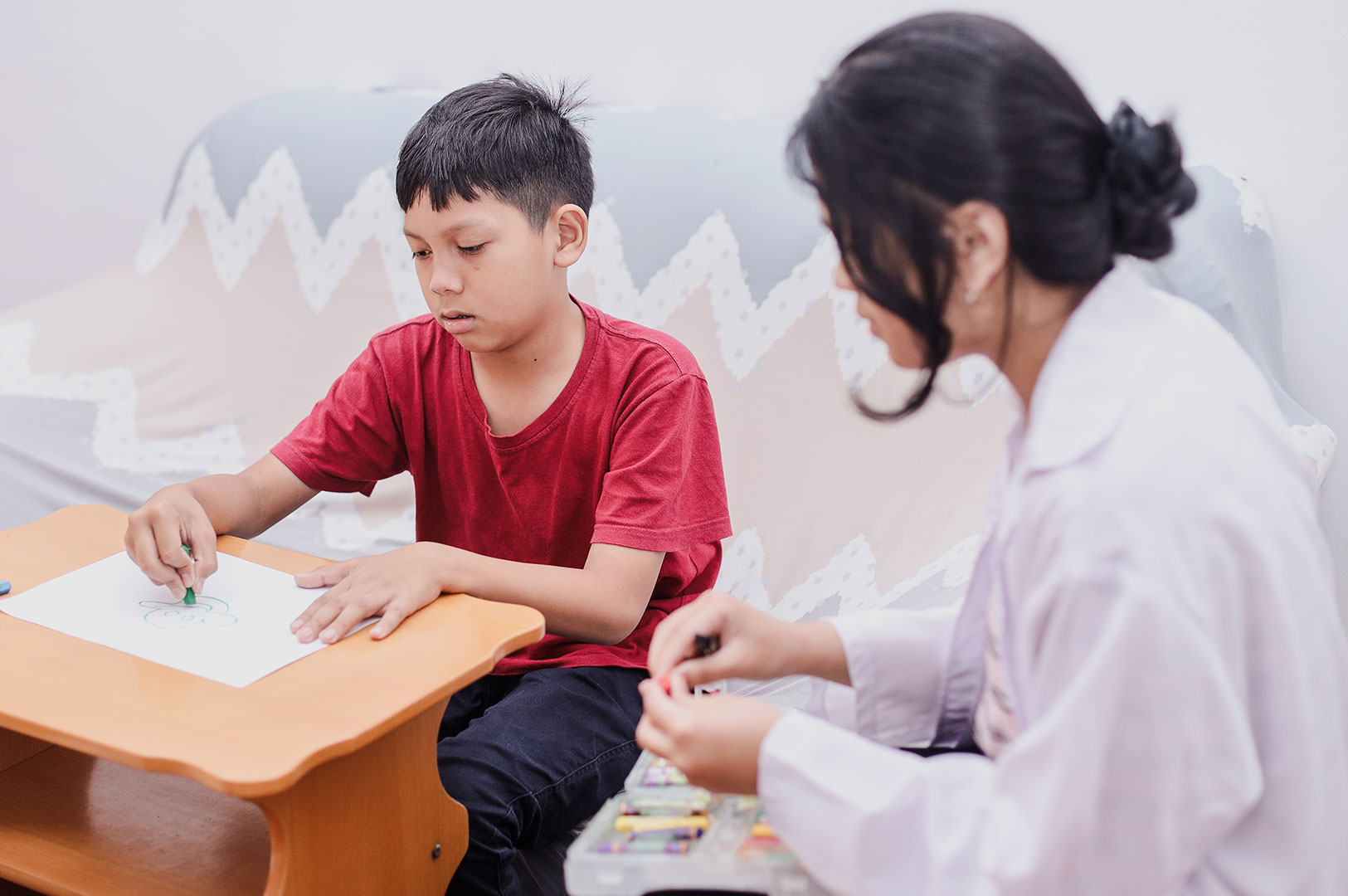Symptoms of Low-Functioning Autism:
The symptoms of low-functioning autism can vary from person to person, but some common symptoms include:
- Communication difficulties: Difficulty communicating verbally or nonverbally. This may include difficulty understanding and using language, difficulty making eye contact, and difficulty expressing emotions.
- Social interaction difficulties: Difficulty understanding social cues and interacting with others. This may include difficulty making friends, difficulty understanding social norms, and difficulty playing with others.
- Behavioral problems: Aggressive behavior, self-injury, or elopement.
- Restricted interests and repetitive behaviors: Intense interest in a specific topic or activity, and repetitive behaviors such as lining up objects or rocking back and forth.
- Sensory sensitivities: Sensitivity to certain sounds, smells, tastes, textures, or lights.
Diagnosis of Low-Functioning Autism:
There is no single test for diagnosing ASD. Instead, doctors will use a combination of factors to make a diagnosis, including:
- A medical history: The doctor will ask about the child’s development and any concerns that the parents or caregivers have.
- A physical exam: The doctor will check the child’s overall health and development.
- Developmental assessments: These assessments will measure the child’s language, communication, social skills, and cognitive abilities.
- Behavioral observations: The doctor will observe the child’s behavior in a variety of settings.
Treatment for Low-Functioning Autism:
There is no cure for ASD, but there are treatments that can help improve the symptoms. Treatment may include:
- Early intervention: Early intervention is the most effective way to help children with ASD. Early intervention programs can help children develop their communication, social, and behavioral skills.
- Behavioral therapy: Behavioral therapy can help children learn new skills and change their behavior.
- Speech therapy: Speech therapy can help children improve their communication skills.
- Occupational therapy: Occupational therapy can help children develop their motor skills and learn how to cope with sensory sensitivities.
- Medication: Medication may be used to treat some of the symptoms of ASD, such as aggression or self-injury.
Find out if your child needs extra support today!
- My child screams hysterically
- My child is mean to other children
- My child is always worried
- My child is scared to go to school
- My child is scared of loud noises
- My child doesn’t know how to read
- My child is scared to play outside
- My child does not respond to his name
- My child always gets in trouble
- My child fights with other children
- My child doesn’t know how to count
If you are concerned about your child’s development, contact us for Assessments: Phone/Telegram: 077.455.993 – Telegram Link: https://t.me/OrbRom
If you are concerned about your child’s development, contact us for Assessments.
Phone/Telegram: 077.455.993 Link: https://t.me/OrbRom






Leave A Comment